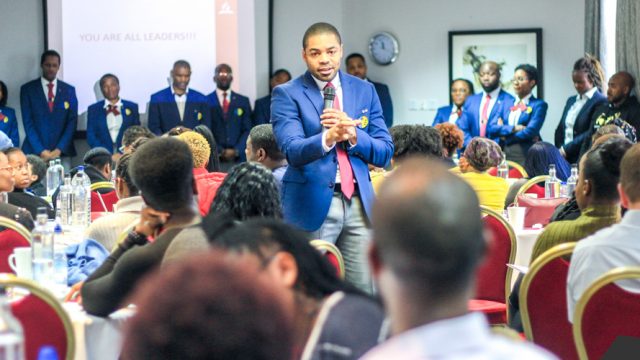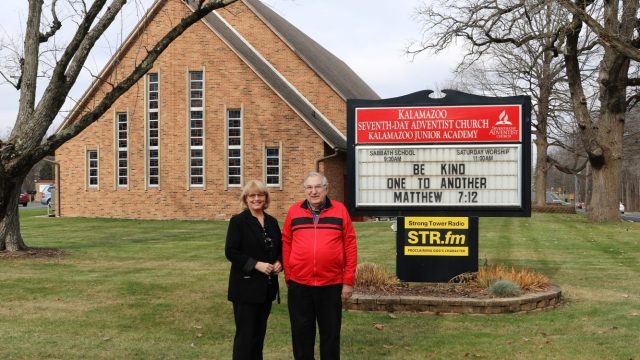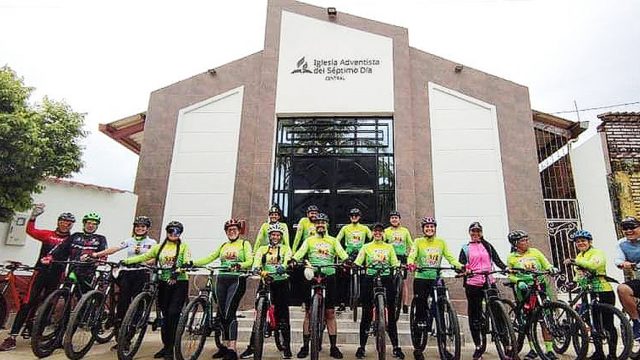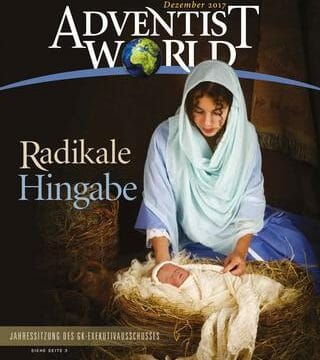Teaching, feeding, and clothing vulnerable children
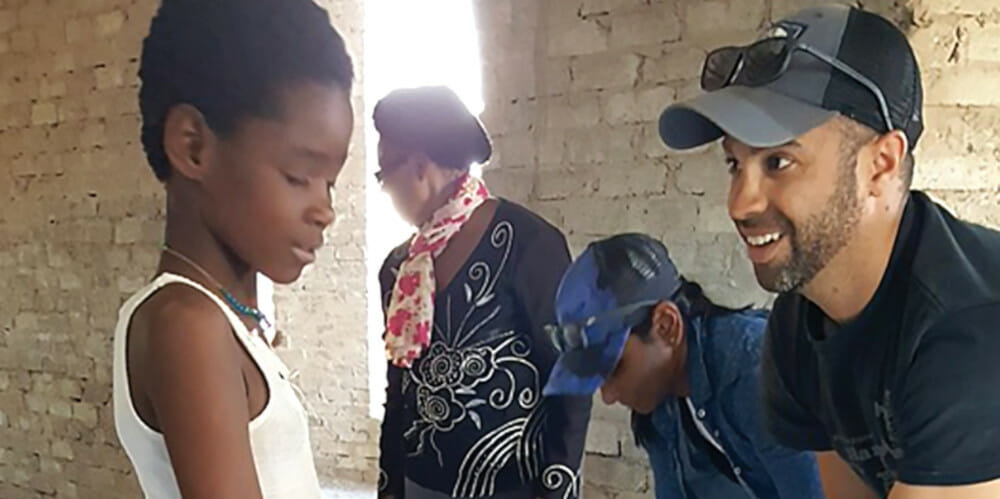
I grew up in Botswana fairly ignorant of its challenges,” says Ryan Williams, 37, the driving force behind the Botswana Orphan Project (BOP). “It was only when I moved to Australia to study engineering that I encountered the stark contrast between the two worlds and realized Botswana’s need.”
During one of his university holidays in 2004, Williams was asked to take pictures and video footage of a church-sponsored orphan-care event in northern Botswana. It was there that he felt overwhelmed by the sheer number of orphans, many of whom had lost both parents to HIV/AIDS. “My dream became to care for orphans and vulnerable children by addressing education, nutrition, and self-worth needs,” Williams recalls. “It was a dream so inspiring that I felt compelled to do whatever I could to help.”
Williams’ resolve was reinforced by sobering statistics, as Botswana is one of the countries most affected by HIV/AIDS. (A 2003 United Nations report found out that in the country, almost one in five people ages 15-49 were living with HIV.)
Back in Australia, Williams rallied his church and school friends and launched BOP, “a movement of people”—as he defines it—”focused on delivering a message of hope to vulnerable children, the innocent victims.” BOP’s approach is twofold, he explains. “First, we work to prevent—educate children, addressing behavior change to prevent further damage,” he says. “At the same time, we work to alleviate—provide a safe environment to vulnerable children, where they can receive the love, care, and nutrition needed to grow.”
Fifteen years later BOP works together with the church’s Botswana Union Mission and has developed local partnerships to help build and run six orphan centers around the country. The centers were mostly built and funded by volunteers, which Williams brought from as far as Australia and Canada. Some of them were young church members (a Christian band was the first tool he used to create awareness and raise funds); others were classmates from his public school in Australia, and later colleagues and coworkers.
“Many of the volunteers who sign up are not even Christians,” says Williams, who now works as an electrical engineer. “But all confess that taking part in this project has been a transforming experience.” Williams tells of his former boss, an agnostic, in a large 5,000-employee engineering company in Australia. He and his family decided to volunteer, and traveled to Botswana to help build one of the centers. After the trip his wife approached Williams. “This trip has saved our marriage,” she told him.
In 2013 then Botswana president Ian Khama awarded Williams the Presidential Order of Meritorious Service for his humanitarian work.
Now from Portland, Oregon, United States, Williams keeps promoting BOP’s mission. “It is hard work, and we’ve had our fair share of challenges,” he says. “But we’re committed to the dream: teach, feed, and clothe vulnerable children.”
The next volunteer trip of the Botswana Orphan Project is scheduled for July 2019.


